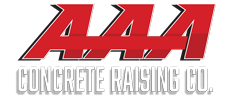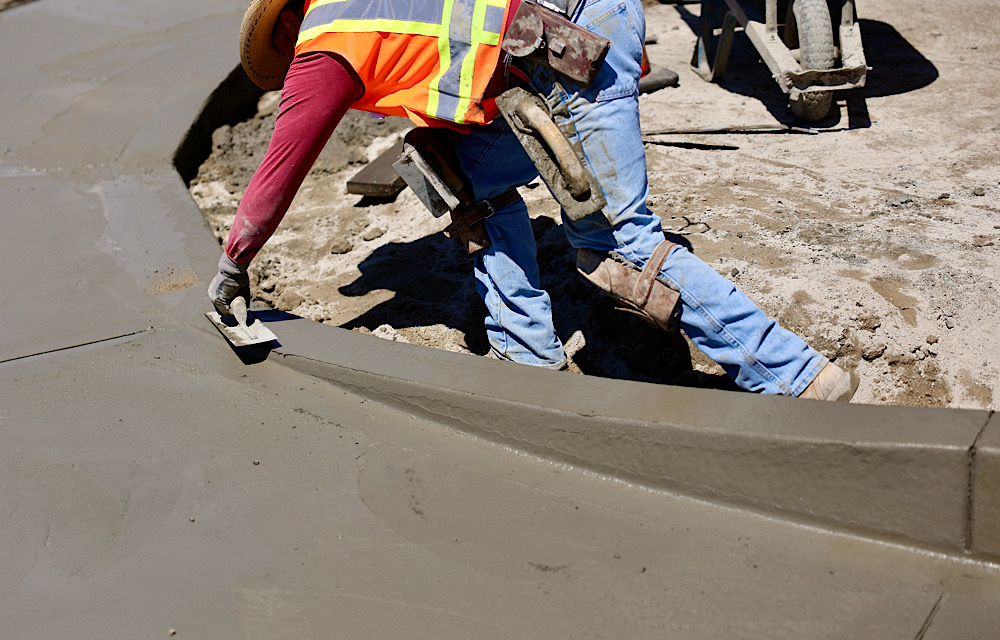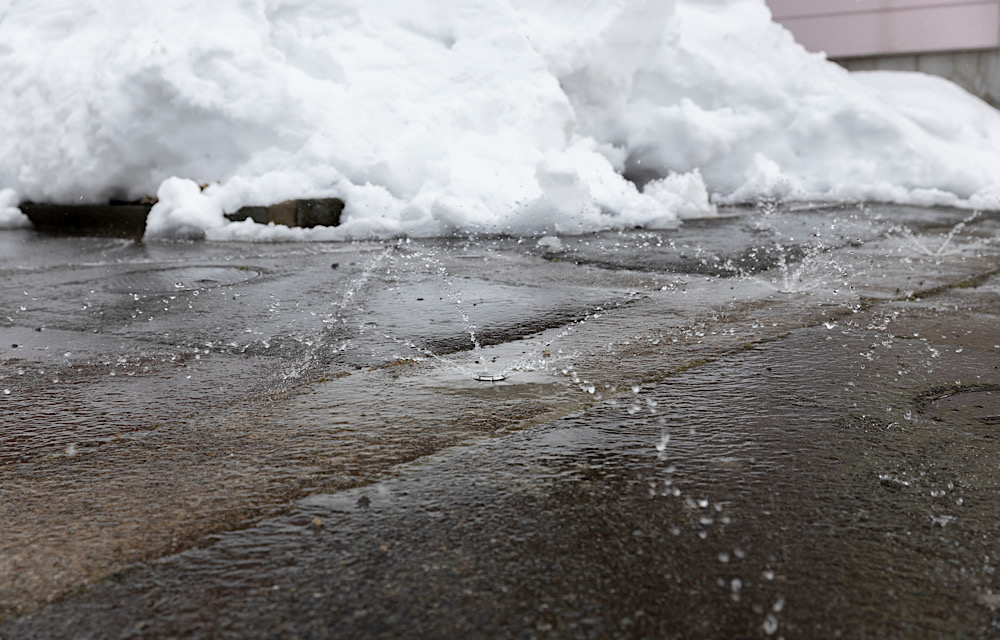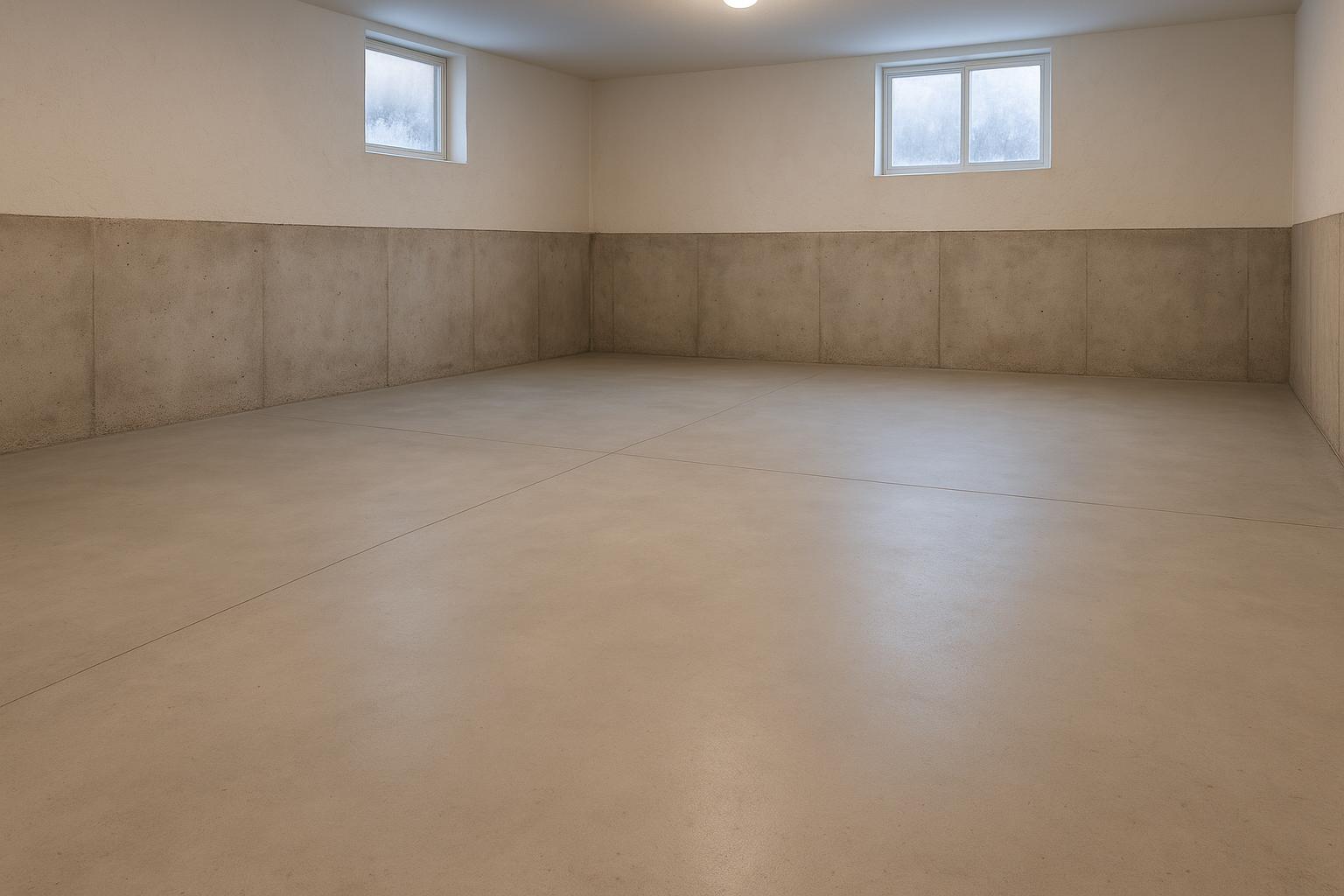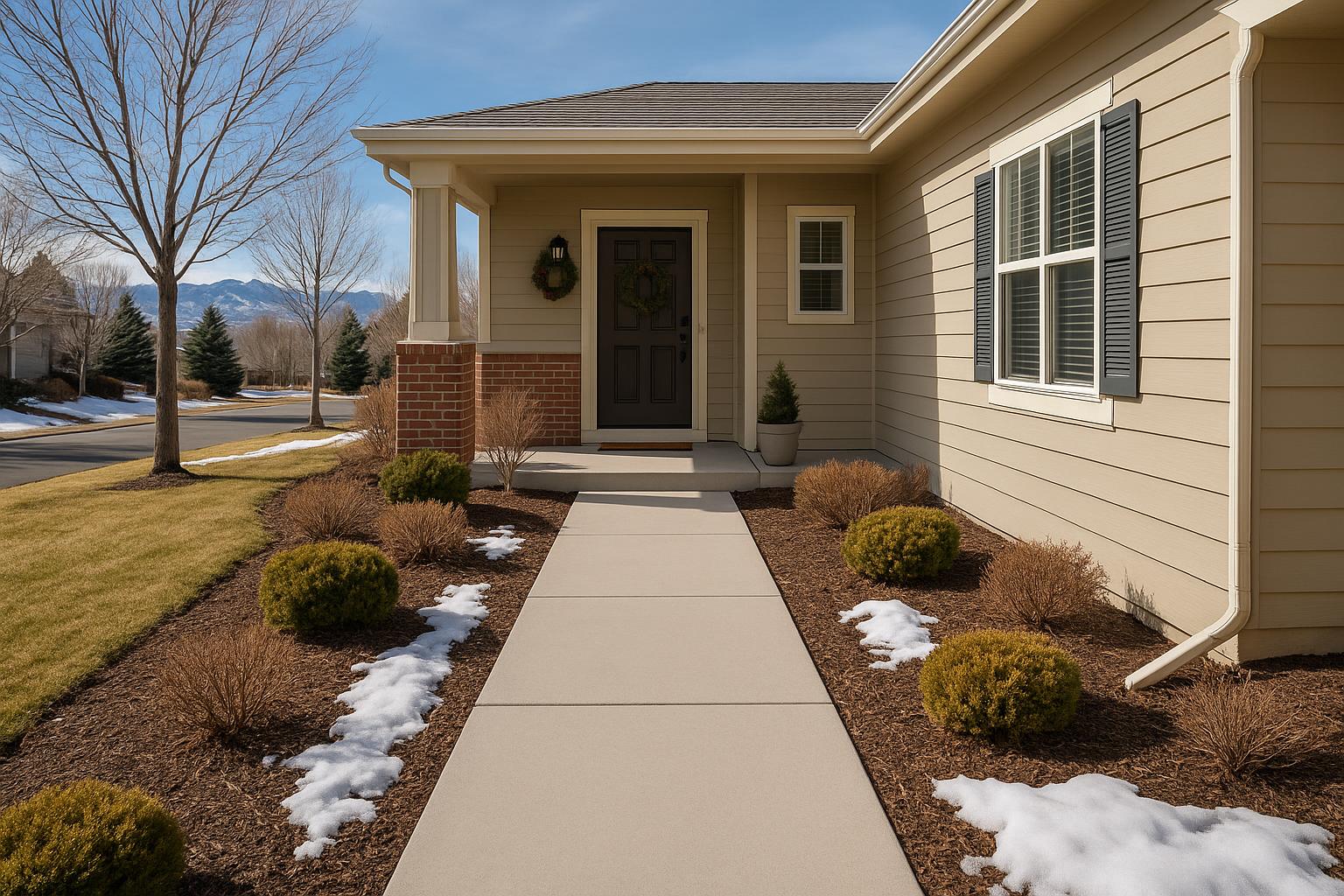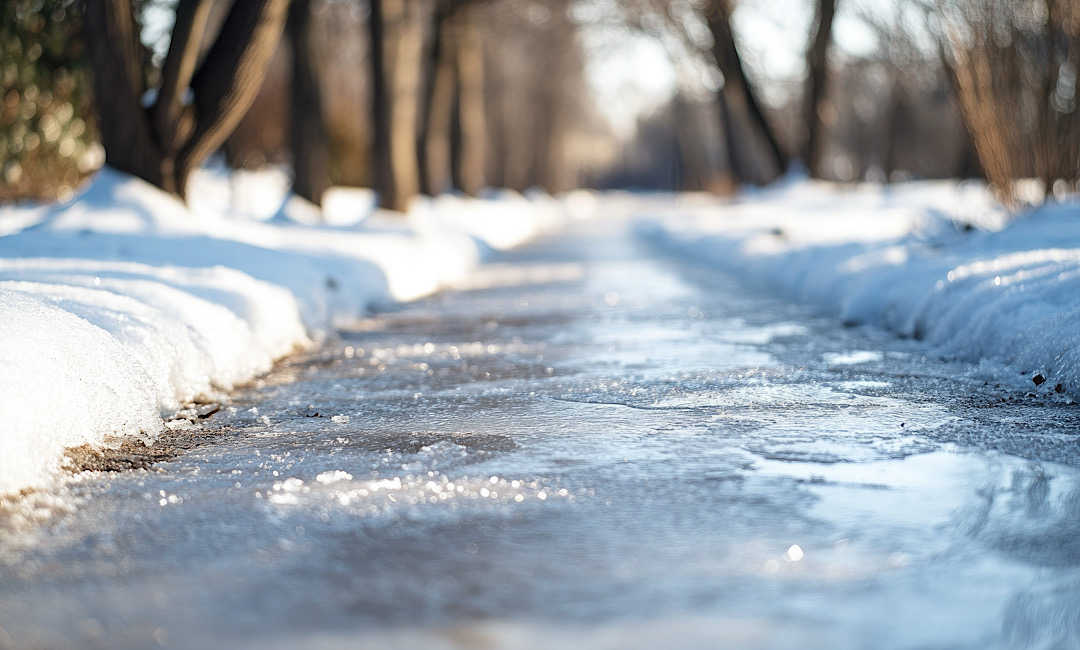As winter approaches, Denver homeowners must take proactive steps to prepare their driveways for the season’s harsh conditions. The combination of freezing temperatures, snow, and ice can cause significant damage to driveways, leading to costly repairs. By following a few essential preparation and maintenance tips, you can protect your driveway from winter damage and ensure it remains safe and functional. This article will guide you through the best practices for winterizing your driveway.
Inspect and Repair Cracks and Holes
One of the most crucial steps in preparing your driveway for winter is inspecting it for any cracks and holes. Even minor cracks can expand due to freeze-thaw cycles, leading to more extensive damage over time.
Identification: Walk along your driveway and carefully inspect for any visible cracks, holes, or uneven surfaces. Pay special attention to areas that are more prone to damage, such as the edges and joints.
Repair: Use a high-quality concrete filler or asphalt patching compound to seal any cracks or holes. For larger areas of damage, consider professional repair services like those offered by AAA Concrete Raising. Properly sealed cracks prevent water from seeping in and freezing, which can cause the cracks to widen.
Sealing your driveway before the first freeze is essential to protect it from the damaging effects of water and ice.
Clean and Remove Debris
Keeping your driveway clean and free of debris is another vital preparation step. Leaves, dirt, and other debris can trap moisture, which can freeze and cause damage to the surface of your driveway.
Cleaning: Sweep or use a leaf blower to remove loose debris. For a more thorough cleaning, use a power washer to eliminate dirt and grime. Make sure the driveway is completely dry before applying any protective treatments.
Remove Stains: Oil and grease stains can weaken the driveway surface. Use a concrete cleaner or degreaser to remove any stubborn stains. Clean driveways not only look better but also perform better under winter conditions.
Clearing your driveway of debris ensures that ice and snow do not have a surface to cling to, making it easier to manage during winter storms.
Apply a High-Quality Sealant
Sealing your driveway provides an extra layer of protection against the elements. A high-quality sealant can prevent water from penetrating the surface, reducing the risk of freeze-thaw damage.
Choosing a Sealant: Select a sealant that is appropriate for your driveway material, whether it’s concrete or asphalt. Look for products that are specifically designed for winter protection and have good reviews.
Application: Follow the manufacturer’s instructions for applying the sealant. Generally, this involves cleaning the driveway, applying the sealant with a brush or roller, and allowing it to dry completely. Ensure you apply the sealant on a dry, mild day to maximize its effectiveness.
A well-sealed driveway is more resistant to winter weather, reducing the risk of cracks and potholes.
Ensure Proper Drainage
Proper drainage is essential to prevent water from pooling on your driveway, which can freeze and cause damage. Assess your driveway’s drainage system and make any necessary adjustments.
Grading: Ensure your driveway is graded correctly to direct water away from the surface. If necessary, consult with a professional to adjust the slope and improve drainage.
Gutters and Downspouts: Check that your gutters and downspouts are clear of debris and functioning correctly. Ensure downspouts direct water away from the driveway. Consider adding extensions if needed to move water further away from the surface.
French Drains: In areas with significant water accumulation, installing a French drain can help manage runoff and keep your driveway dry.
Effective drainage prevents water from sitting on your driveway, minimizing the potential for freeze-thaw damage.
Use Ice Melt Safely
Using ice melt is a common method to manage snow and ice on driveways. However, improper use can damage the driveway surface and harm nearby plants.
Choosing Ice Melt: Opt for products that are safe for your driveway material and environmentally friendly. Calcium chloride and magnesium chloride are less damaging to concrete than sodium chloride (rock salt).
Application: Apply ice melt sparingly and only when necessary. Overuse can lead to a buildup of chemicals that can damage the driveway and nearby vegetation. Follow the manufacturer’s guidelines for the correct amount to use.
Storage: Store ice melt in a dry place and ensure the container is sealed to prevent clumping and moisture absorption.
Using ice melt correctly helps keep your driveway clear without causing additional damage.
Regular Maintenance and Monitoring
Winter driveway preparation doesn’t end with the first snowfall. Regular maintenance and monitoring throughout the season are crucial to keeping your driveway in good condition.
Snow Removal: Shovel snow promptly to prevent ice buildup. Use a plastic shovel to avoid scratching the surface. For larger driveways, consider investing in a snowblower.
De-Icing: After removing snow, apply a thin layer of ice melt to prevent ice formation. Monitor the weather and reapply as necessary.
Inspections: Periodically inspect your driveway for any new cracks or damage. Address issues immediately to prevent them from worsening.
Staying proactive with maintenance helps preserve your driveway and ensures it remains safe and functional throughout the winter.
Hire Professional Services
For more extensive repairs or maintenance, hiring a professional service can ensure the job is done correctly and efficiently. AAA Concrete Raising offers expert services in Denver to help you prepare your driveway for winter.
Assessment and Repair: Professional services can provide a thorough assessment of your driveway’s condition and perform necessary repairs with high-quality materials and techniques.
Sealing and Maintenance: Professionals can apply sealants more effectively and provide ongoing maintenance to keep your driveway in top shape.
Snow Removal Services: Consider professional snow removal services for large driveways or commercial properties to ensure timely and thorough clearing.
Investing in professional services can save you time and prevent costly repairs down the line.
Preparing your driveway for winter in Denver involves a combination of inspection, cleaning, sealing, and ongoing maintenance. By taking these steps, you can protect your driveway from the harsh winter weather, ensuring it remains durable and safe for years to come. For expert assistance and high-quality service, trust AAA Concrete Raising to help you get your driveway ready for the winter season.
